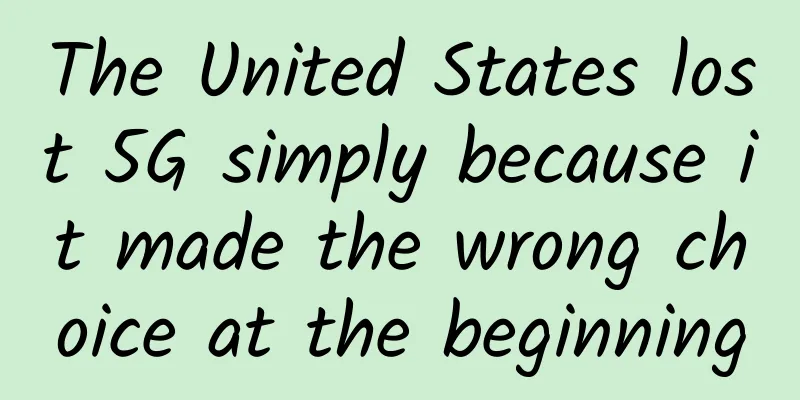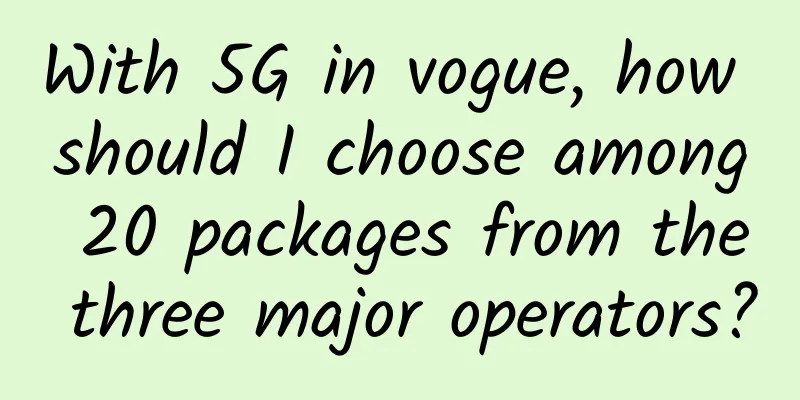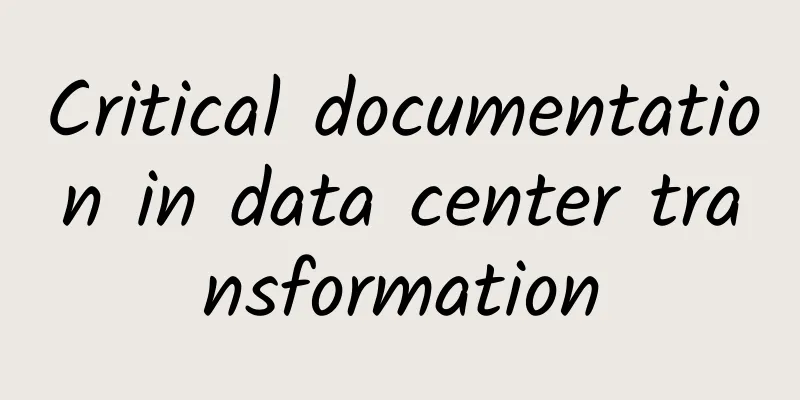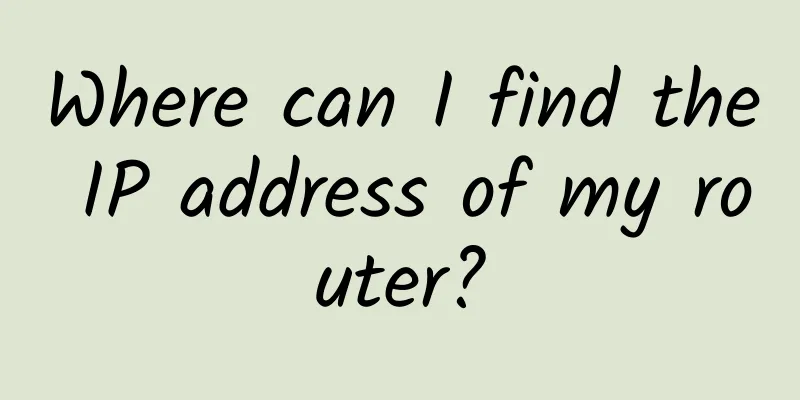UK 3G networks to end in 2025
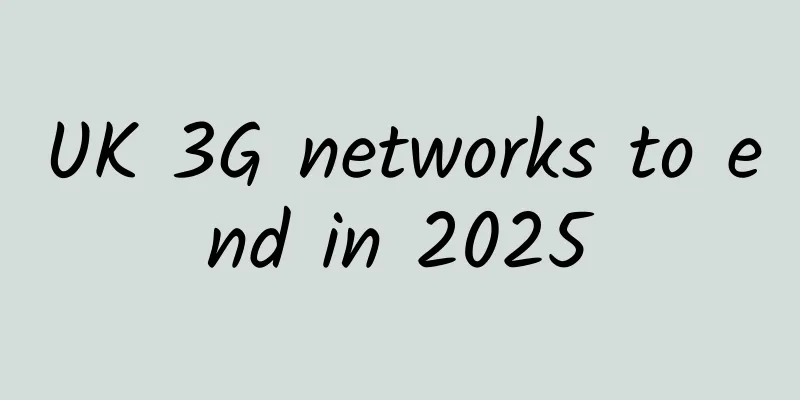
|
British telecom operator Virgin Media O2 (VMO2) has announced that it will begin shutting down its 3G network in 2025 and plans to complete the process in the same year. The UK operator's decision will also affect customers of mobile virtual network operators (MVNOs) operating on its network, such as Giffgaff, Tesco and Sky Mobile. The announcement means that 2025 will mark the end of 3G in the UK. So far, VMO2 has lagged behind its competitors, with several other UK mobile operators having previously announced 3G phase-out schedules. VMO2 will also be the last telecom company in the UK to shut down its 3G network, with Vodafone planning to completely phase out 3G technology in early 2024, and EE and Three following suit later in 2024. Telecom operators are shutting down legacy networks for a variety of reasons. One reason is to make better use of spectrum, as new-generation mobile networks offer higher spectrum efficiency and network capacity. As demand for data-intensive applications grows, maximizing the use of available spectrum is key. Another reason is to reduce energy consumption. According to VMO2, 3G accounts for 11% of the company's overall energy consumption, but the technology transmits less than 4% of the data. Meanwhile, 4G and 5G together account for 29% of energy consumption, while transmitting a whopping 96% of the data. As a significant part of a telecom company's operating expenses, energy use is an important consideration. Reducing energy use will also have an impact on carbon emissions: GSMA estimates that in a high-income country with a population of 80 million (the UK has a population of about 67 million), refarming 3G spectrum could save an additional 3 million tonnes of CO2 equivalent. However, it is vital to ensure that customers who rely on 3G networks for mobile internet access are not affected. VMO2 says its 4G network already covers 99% of the UK population and its 5G service will cover half the population by the end of the year. "VMO2 has announced that it will be contacting customers in advance to let them know about the change and has pledged to work with consumer groups and charities to help manage the network transition," VMO2 said. Meanwhile, voice calls and text messages will continue to work on 2G networks until they are also switched off. However, the switch-off of 2G networks may be more challenging due to IoT connectivity and voice roaming issues, and is expected to occur in 2033. |
<<: Explore how Gateway API works in Service Mesh
>>: The future of connectivity: Five breakthroughs in smart device research for 2023
Recommend
Maximum connectivity through fiber optic and Ethernet ports
In today's digital environment, high-speed da...
Juniper Networks will aggressively enter the OTT market in 2018, connecting the world with secure and efficient networks
[51CTO.com original article] From June 7 to 8, 20...
Is it a major setback or a cold shower? What happened to 5G?
Because South Korea postponed the commercializati...
Uncovering the secrets of CDN user-driven product changes
Preface : OTT-TV and IPTV have become popular due...
IPv6 neighbor discovery, address duplication detection, and router discovery mechanisms, learn about them in one minute
1. IPv6 Basics IPv6 (Internet Protocol Version 6)...
Clearing 2G networks to create 5G networks for commercial use, the three major operators have differences, these may be related to you
Recently, there has been a lot of talk about tele...
Megalayer: 199 yuan/month-E3-1230/8GB/1TB (HDD) or 240G (SSD)/30M~1Gbps bandwidth/optional CN2
Megalayer was founded in 2019. It is a Chinese-ow...
I am confused. If I want to store IP addresses, what data type is better?
When it comes to IP addresses (IPv4), common IP a...
Four challenges in securing multi-cloud networks
Today's organizations are not only actively m...
ZJI: New Hong Kong (Ali/Kwaiwan) E3 high-frequency servers available, 25% off
ZJI is the original well-known WordPress host com...
Architecture upgrades to prepare for 5G: 2018 network review
Looking back at the development of the network ma...
The number of people who ported their numbers reached 9.4 million - why the porting rate was lower than expected
The Ministry of Industry and Information Technolo...
China Mobile Capital leads the investment in Unisplendour Cloud, completes 600 million yuan financing and focuses on the government and enterprise market
On September 15, Unisplendour Cloud Technology Co...
British Telecom announced that it will shut down its 3G network in 2023 and said it is not in a hurry to launch Open RAN
According to foreign media reports, British Telec...
How many base stations are there in the world? How many 5G base stations are there?
According to the latest statistics from Omdia, th...

